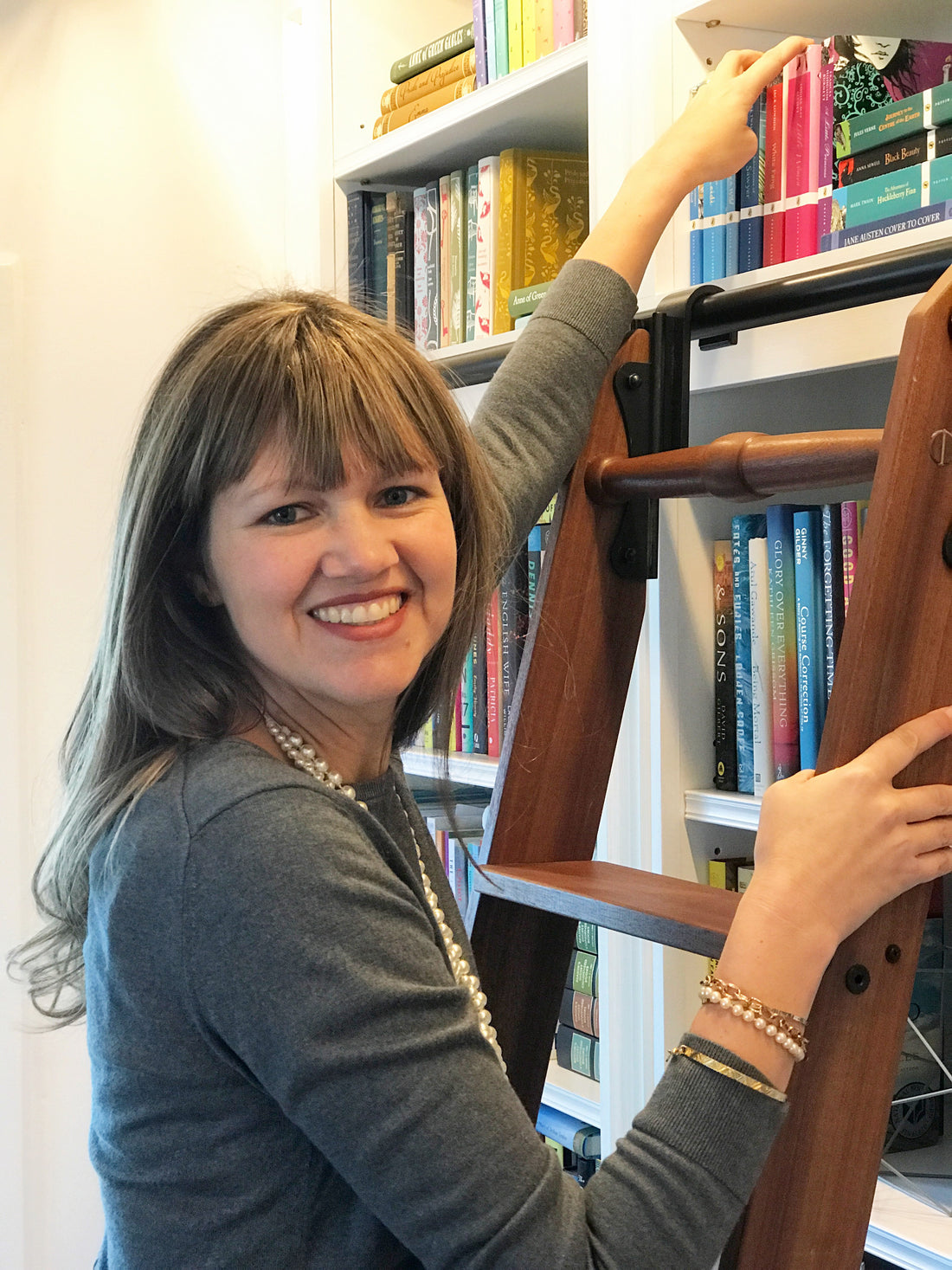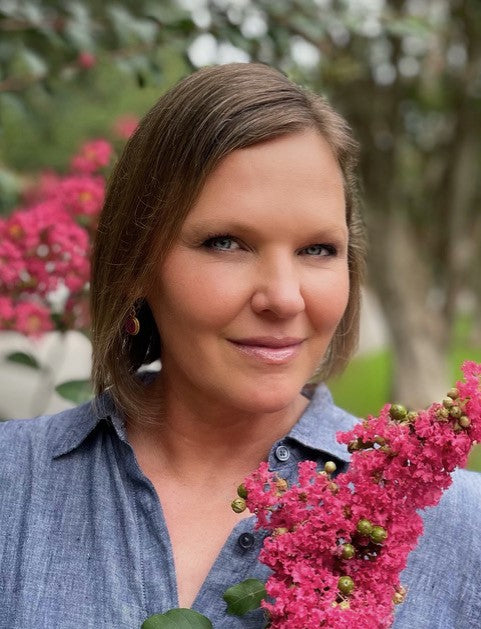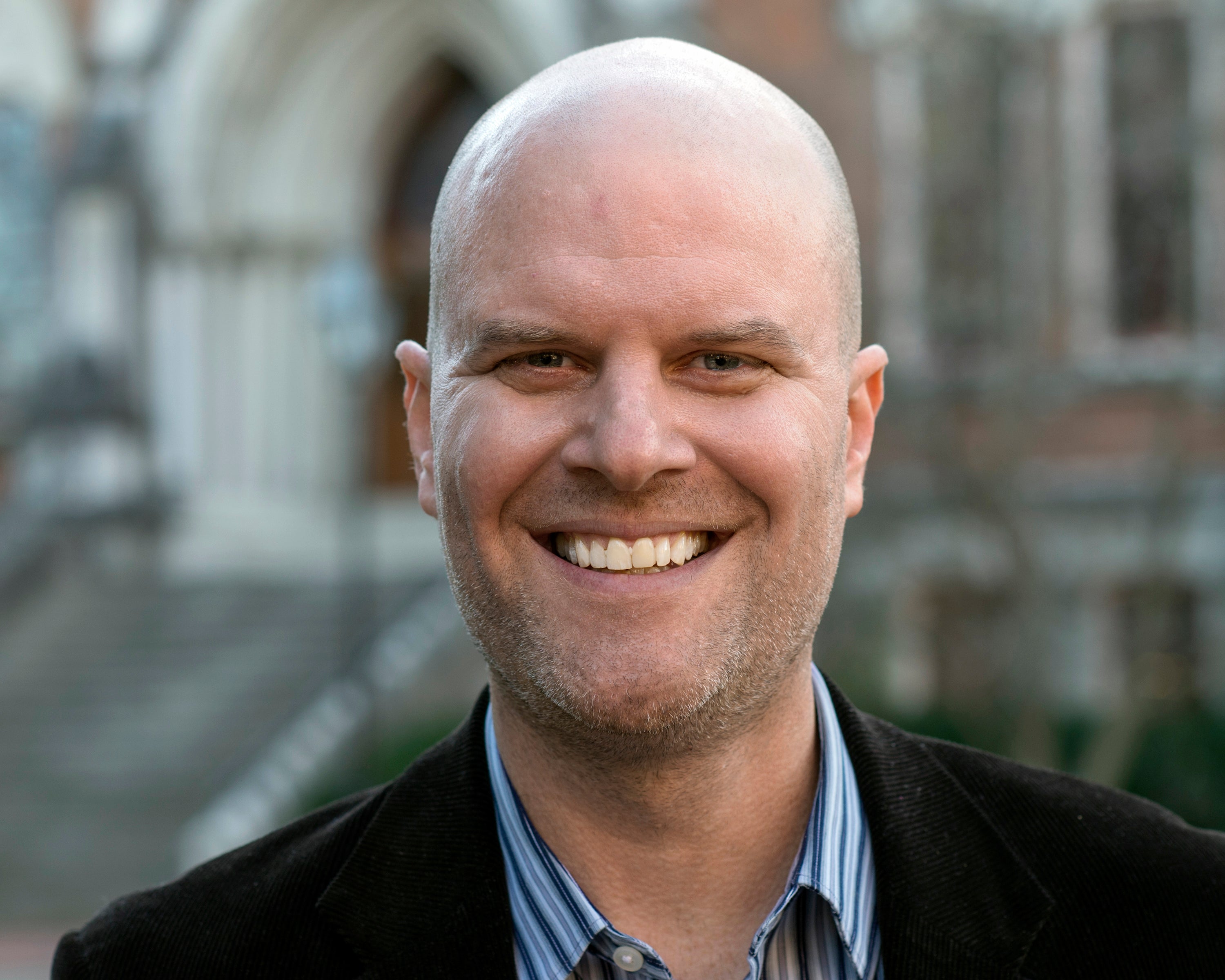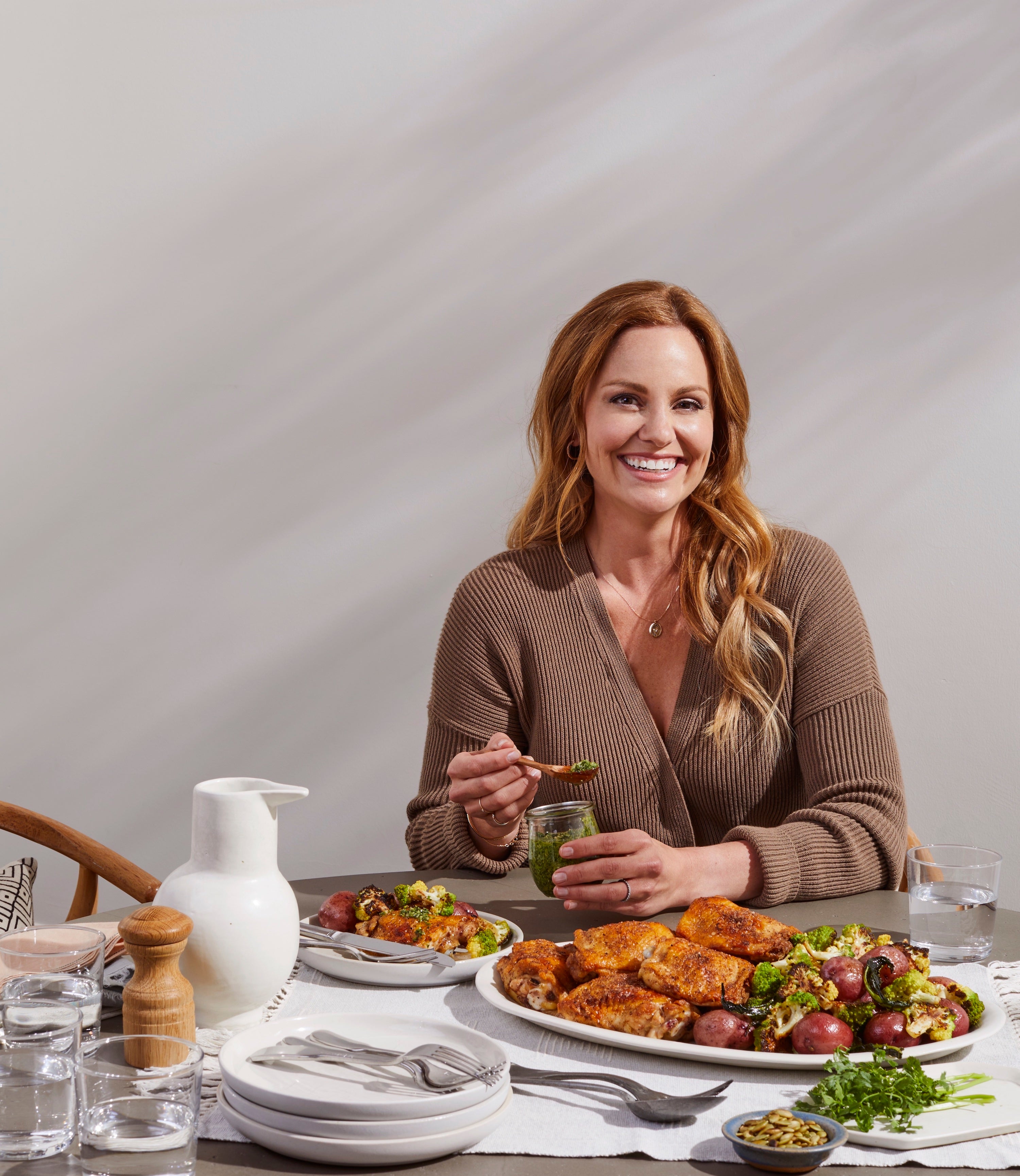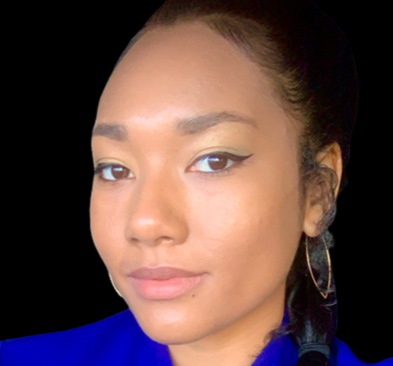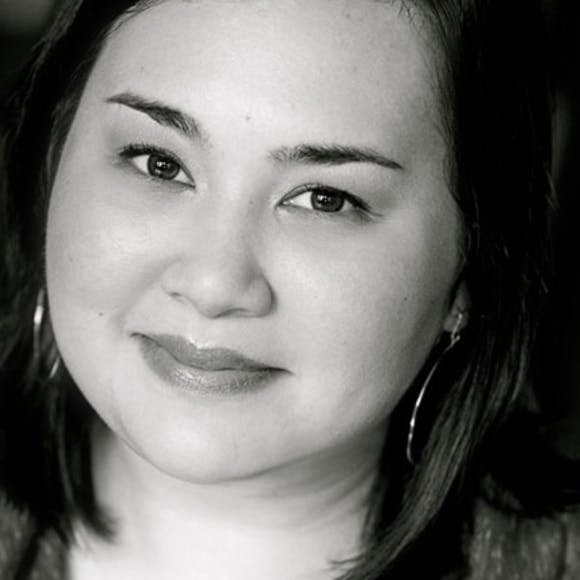Book: Don't Overthink It

Photo Courtesy of Malaprop's
Author: Anne Bogel
Author Bio:
1. You have said yourself, that “Don’t Overthink It” wasn’t written with a global pandemic in mind, however, much of what is written pertains to the thoughts and feelings that many readers would soon experience. As the writer, when looking back over what you wrote was it surreal to see how spot on your message was?
The words in Chapter 4, “Decide What Matters,” have carried me through these difficult times, when we’re having to reimagine so many aspects of our lives—from the big-picture to the granular details of our everyday routines. I learned so much in the course of researching this book that gave me a framework for approaching these decisions, and I’m grateful.
The thing I learned that’s helped me most during COVID-19 is something called “values-based decision making,” which means you look for ways to connect your core values to every decision you make. It sounds pretty boring, honestly, but when you learn to make decisions based on what matters most to you, it’s life-changing.
2. In Maxwell Maltz’s famed 1960 book, “Psycho-Cybernetics” he speaks about the effects physical behavior has on mental responses writing, “protect yourself from disturbing mental stimuli by maintaining the relaxed attitude.” In your work, some 60 years later, do you believe that this belief remains valid?
Honestly, this sounds like one of those things—and there are so many of them—that’s easier said than done. We’re only human: we may know what we should do, but that doesn’t mean we can do it in any given moment!
3. You are one of the founding mothers of the book podcast community. Since you began how would you say this community has changed and what inspires you to keep discussing books?
It’s funny; I felt like I came to blogging late, and to podcasting early. I’ve so enjoyed my time in both spaces. The podcast community has grown exponentially since we began planning to launch What Should I Read Next? in 2015. I’ve so enjoyed watching so many readers discover literary podcasts, and welcoming book-loving creators into the space.
4. What are some things that you tend to overthink?
The little things tend to trip me up. “When am I going to squeeze in a trip to Costco?” is probably my most-overthought question, seriously.
5. In what ways does your book help those that feel that they cannot get out of their own way and live too much in their own head?
It’s been a privilege to hear readers share all kinds of ways the book has helped them, but there are three big ways that have stood out. For many readers, Don’t Overthink It provides a needed moment of recognition. They may know they engage in some thought patterns that aren’t helping them, but they wouldn’t characterize those thoughts as overthinking. (Overthinking rooted in perfectionism and overthinking tied to finances are the biggest culprits here.)
The book also explores how to set yourself up for success by stopping overthinking before it starts, and equips readers with dozens of specific, actionable strategies to stop overthinking in the moment it happens.
6. You wrote the bestselling book, “I’d Rather Be Reading”. What are some things that you’d rather do than read?
Good question! Take a long walk with my husband and my dog, or sink into a friend’s sofa and talk late into the night. But as a social introvert who feels drained after lots of talking, I’m going to want to read a hundred pages of a good book afterwards!
7.You run an incredibly popular blog named, “Modern Mrs. Darcy”. How did your blog start and is Mrs. Darcy your alter ego?
Modern Mrs Darcy is a name that captures the intersection of the timely with the timeless. The blog was my husband’s idea: I scoffed when he suggested I start one, because at the time I didn’t read blogs myself! I am not Mrs Darcy, nor do I play her on the internet—though I dearly love Pride and Prejudice.
8. What did you learn about yourself while writing “Don’t Overthink It”?
I was surprised to learn how much of my own overthinking was tied to perfectionism, which I hadn’t realized was such an issue for me at this stage of my life. I also was surprised to discover just how deeply overthinking is tied to our physical bodies, and now I think differently about caring for mine.
9. What’s your best advice for getting over writer’s block?
It doesn’t matter if you feel like writing. Put your butt in the chair and get to work, or try to: it’s better to make the mood than wait for it to strike.
10. Do you plan on writing more books in the future?
Absolutely. I write to figure out what I think, and I still have a lot to figure out.
Places To Find More From This Author:
Instagram: @whatshouldireadnext
Instagram (Personal): @annebogel
Twitter: @Anne Bogel
Website: modernmrsdarcy.com
Get Your Copy of Don't Overthink It Today!
